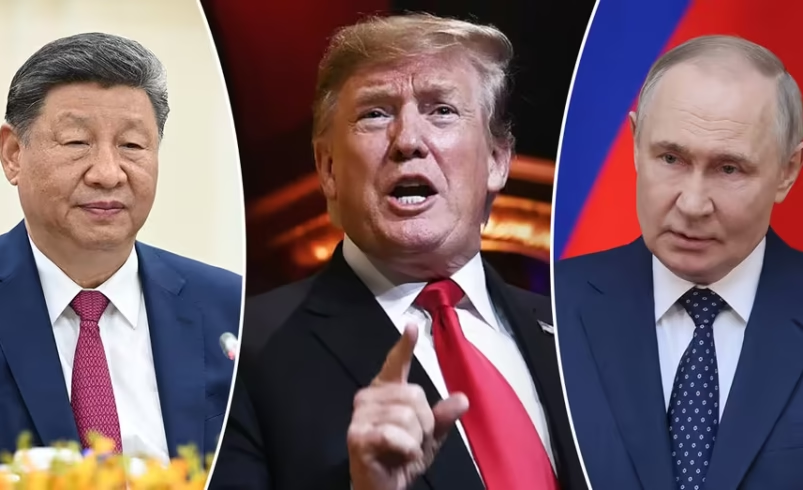Trump’s Strategy to Disrupt the Xi-Putin Alliance
- August 3, 2025
- 0

On the campaign trail, President Donald Trump expressed his intention to “un-unite” the alliance between Russian President Vladimir Putin and Chinese President Xi Jinping. This complex geopolitical maneuver aims to replicate a modern-day version of the Sino-Soviet split, reminiscent of Henry Kissinger’s strategy in the 1970s. Fred Fleitz, a former deputy assistant to Trump, believes there are multiple ways this alliance could be fractured, highlighting recent diplomatic efforts as a potential catalyst.
One approach suggested by Fleitz involves leveraging economic pressure on China. Recent discussions between U.S. Treasury Secretary Scott Bessent and Chinese officials in Stockholm focused on discouraging China from purchasing Russian oil by threatening tariffs. However, China’s steadfast support for Moscow complicates this strategy. During a July meeting with Chinese Foreign Minister Wang Yi and EU diplomatic chief Kaja Kallas, it was made clear that China does not favor a Russian defeat in Ukraine.
China’s reluctance to see Russia lose the war stems from concerns that a cessation of hostilities would allow the U.S. and its allies to redirect their focus towards China. Reports suggest that Beijing fears increased Western scrutiny if Russia’s military engagement diminishes. Despite public declarations of a strong alliance, underlying tensions exist between Russia and China, as evidenced by China’s recent cartographic changes in the Far East.
Fleitz argues that Russia’s future lies in reintegrating with the West rather than aligning with China, which he claims does not have Russia’s best interests at heart. He points to intelligence reports indicating that Moscow views Beijing as an adversary due to China’s espionage activities targeting Russian military technologies. This dynamic presents an opportunity for Trump to exploit these vulnerabilities and drive a wedge between the two nations.
Despite these potential strategies, Fleitz acknowledges that breaking up the Xi-Putin alliance will be challenging and time-consuming. The initial lack of dialogue between Putin and Biden following Russia’s invasion of Ukraine set a difficult stage for Trump’s policy efforts. However, Fleitz remains optimistic that highlighting China’s opportunistic behavior could persuade Russia to reconsider its alliance with China.